
A man is only as good as what he loves

A man is only as good as what he loves
Saul Bellow, a renowned American writer and Nobel laureate, often explored the complexities of human nature and relationships in his works. One of the recurring themes in his writing is the idea that a man is only as good as what he loves. This concept is evident in many of Bellow's novels, where characters are often defined by their passions, desires, and relationships.In Bellow's novel "Herzog," the protagonist Moses Herzog is a man who is deeply passionate about literature, philosophy, and his relationships with women. Herzog's love for these things shapes his identity and drives his actions throughout the novel. His intellectual pursuits and romantic entanglements reveal his vulnerabilities, insecurities, and ultimately, his humanity. Bellow suggests that Herzog's capacity for love, both for ideas and for people, is what ultimately defines his character and determines his moral worth.
Similarly, in "The Adventures of Augie March," the titular character Augie March is a young man who is driven by his love for adventure, freedom, and self-discovery. Augie's journey through life is marked by his relationships with various women, his pursuit of knowledge and experience, and his struggle to find meaning and purpose in a chaotic world. Bellow portrays Augie as a flawed but ultimately noble figure, whose capacity for love and empathy sets him apart from others.
Bellow's exploration of the idea that a man is only as good as what he loves reflects his belief in the transformative power of love and passion. Through his characters, Bellow shows that love can inspire greatness, compassion, and self-discovery. At the same time, love can also lead to heartache, betrayal, and moral ambiguity. Bellow's nuanced portrayal of love and its consequences highlights the complexity of human nature and the ways in which our deepest desires and attachments shape who we are.

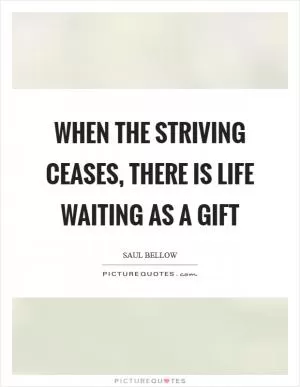
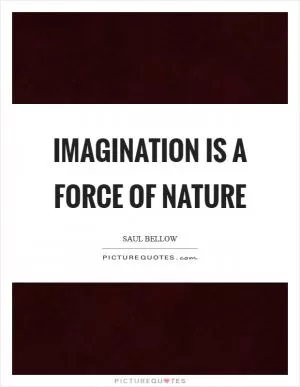
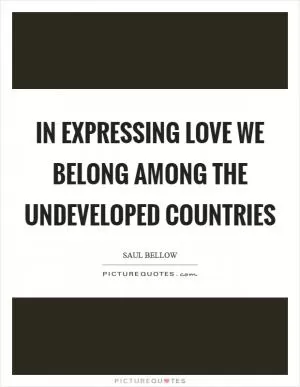

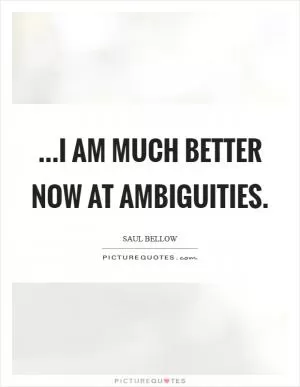

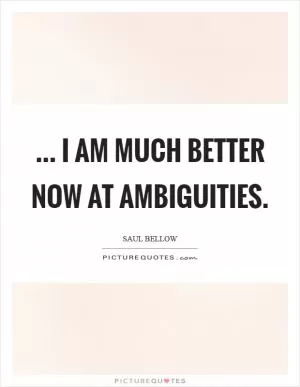

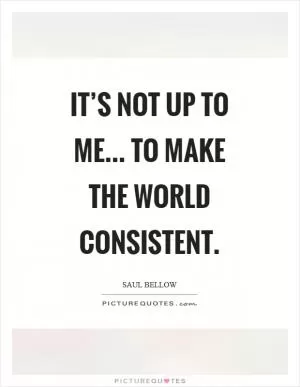


 Friendship Quotes
Friendship Quotes Love Quotes
Love Quotes Life Quotes
Life Quotes Funny Quotes
Funny Quotes Motivational Quotes
Motivational Quotes Inspirational Quotes
Inspirational Quotes